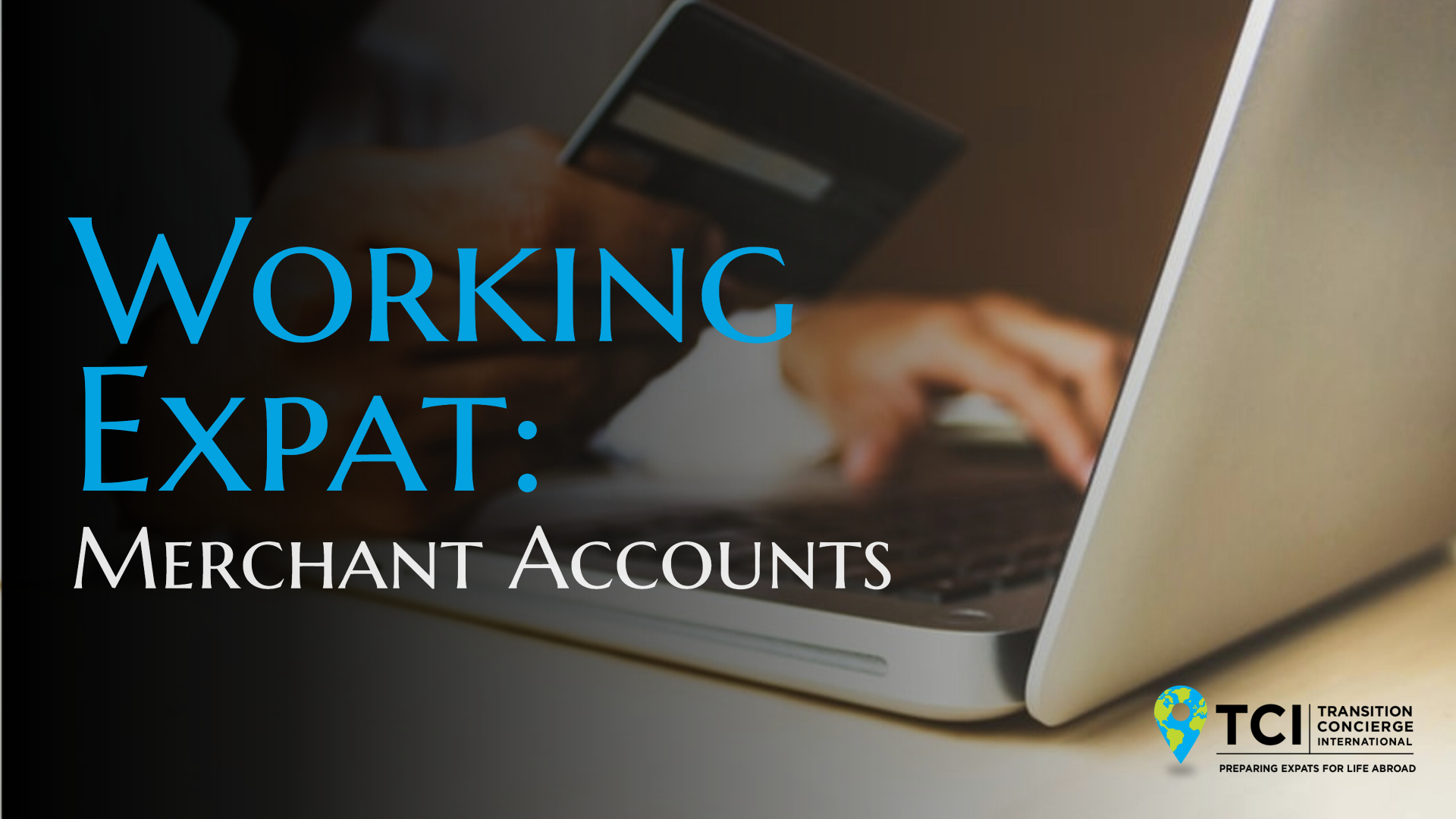You have moved offshore as a citizen of the United States. You’ve started your own small business and have taken it with you and are working abroad.
 Now that you have moved or are about to, you are looking for a credit card, payment card or offshore internet service that you can trust to receive payments for your services and products that are not tied to your country of origin.
Now that you have moved or are about to, you are looking for a credit card, payment card or offshore internet service that you can trust to receive payments for your services and products that are not tied to your country of origin.
Welcome to the world of merchant accounts. A merchant account allows for a transaction between a person who is selling and a person who is buying where the settlement of the transaction is conducted via credit card or debit card.
Merchant accounts are everywhere
Even those folks that sold you that great bric-a-brac at the farmer’s market back in the USA have what is called a merchant account. When you move offshore and conduct such transactions, payment processing may be provided, of course, by an offshore merchant services provider.
Sounds simple enough, right? Well, the challenge lies in finding one you can trust. The business of international merchant accounts is not as straightforward as you may have experienced in the States. The Square was nice, wasn’t it?
As you might imagine, offshore e-commerce is a high-risk business and there’s a lot less oversight, regulation and standardization required. The primary risks are chargebacks and fraud. Once a buyer has left the country, there may be little recourse for the merchant service provider other than taking the loss.
Hiking up costs

Many offshore credit card processors grant use of their services to other merchants who have bad credit and cannot easily obtain merchant services elsewhere. This serves to hike up the costs of having an offshore merchant account for the business owner.
If your business requires that you now maintain a merchant account, you can still do business in relative safety with just a little extra homework.
Because you live offshore it may still be possible to have a merchant account back in the U.S. if you maintain your citizenship. Keep in mind, however, depending on the location of your new home, that is not a guarantee.
If a U.S.-based provider is not your option of choice, you can still consider getting help to find a provider where you live or that can service your new country of residence through a company like Card Payment Options.
I do not in any way endorse this site or any other, but I refer to it to communicate with a consultant in this arena. It’s always good to learn about the benefits, as well as challenges and most importantly, to become a better judge of the international merchant provider best for your business.
Working with the IRS
OK. So now you have your merchant provider…
Well, the IRS says go ahead. Just for you, they have created the “Offshore Voluntary Compliance Initiate” (OVCI). Find out about this fact of life when you open a new offshore card and what you need to do. You can go to the IRS website and start with Revenue Procedure 2003-11 or keep it moving and simply disclose any income you generate by way of your now local; but to the IRS “offshore” card to your great new accountant.
Voluntary compliance with the OVCI satisfies a major concern of the IRS regarding most offshore merchant services institutions –outside of divisions owned by US-based banks — and they are divisions, not branches (but that’s another conversation).
That concern is a big one though! Offshore local banks are not required to report income or taxable transactions through their merchant services to the United States.
Just a quick note…don’t get carried away!
If you’re doing your homework on how to get paid using international merchant accounts, you may have found several internet offers to open unsecured credit cards that are based offshore. Some may even feature “no ID” features to their offers. Their websites may seem quite well-fashioned and their reasoning sound.
The only caveat is that for their selective brand of services you are required to pay a fee. If you must succumb, ask them if they will create an escrow account payable to you with funds in a U.S. bank for your initial “welcome-on-board fee” until your new offshore credit card arrives. Unless you are dealing with a bank that has an international footprint and has its headquarters offshore…beware!
Have you had any experiences–positive or negative–with offshore merchant services? Please share your stories with the rest of us.


